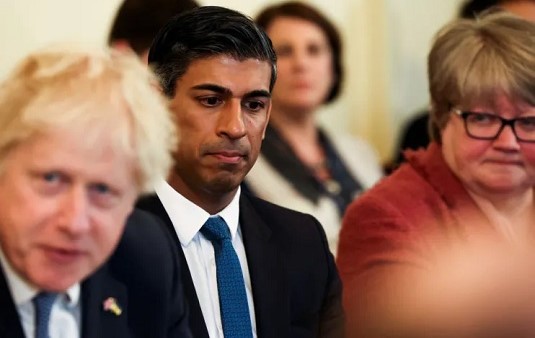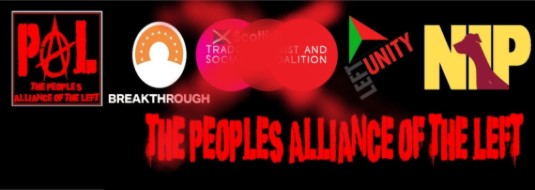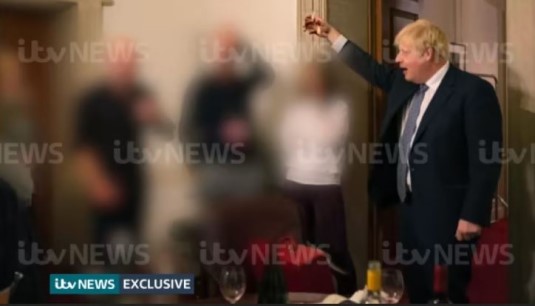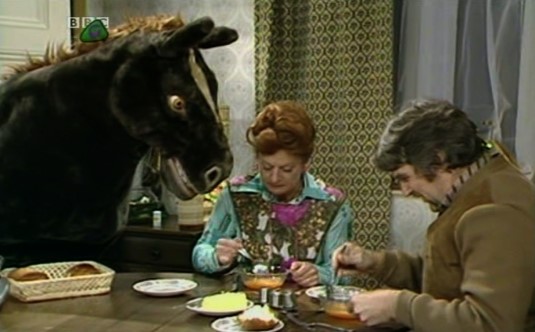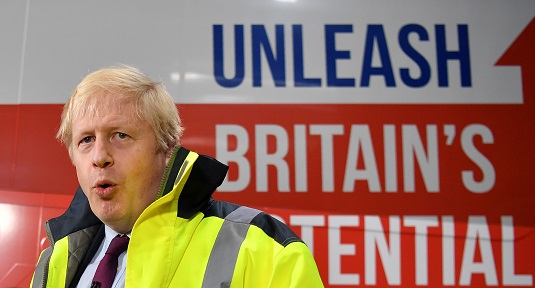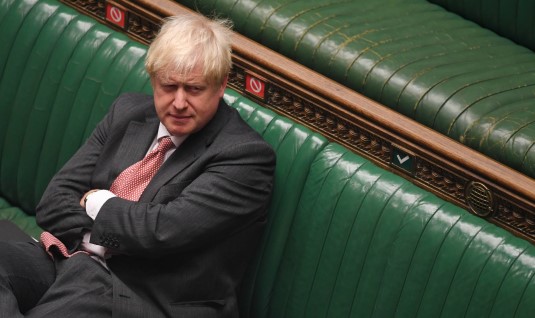
Writing in April for Conservative Home, former Theresa May advisor and pollster James Johnson believes there are grounds for Tory optimism. Surveying the wreckage ahead of four calamitous weeks, he argues the Conservative Party's problems can be laid at a single door: Boris Johnson's. All the policies that are good ideas, such as, ahem, transporting refugees to Rwanda, are immediately given short shrift because the Prime Minister is fronting it. Were this article written over the weekend, the lack of poll movement after Sunak's "generosity" would probably merit the same explanation. But! James notes, there's every reason to believe the party brand is intact. "There is no deep-seated hostility to the Conservative Party as a whole amongst voters – certainly nothing like there was in the 1990s."
What should we make of this? The evidence offered is thin. There's a focus group anecdote, how Johnson is trailing Keir Starmer in most metrics, and that Conservative Home readers rate most cabinet members more highly than the Prime Minister. For a pollster with access to reams of data, including, one would assume, the stats on party standing and reputation, this is thin gruel indeed.
There are a couple of points worth noting here. Johnson has come to dominate the Tory Party in ways previous leaders have not, though James's former boss tried the same with her cringe rebrand of the Tories as 'Theresa May's Team' for the duration of the 2017 election - a trick copied from Ruth Davidson. And so the argument might be made that damage to him doesn't necessarily tarnish the party. This is doubtful: ordinary punters tend not to make distinctions between the party and who leads them very often, and even if they did Johnson is defended day-in, day-out by his lieutenants and satraps on the news. His dishonesty and disassembling becomes theirs, and reflects on the party. Second, one only has to look at the policy clown show pushed by cabinet members. Privatising Channel Four when there's no support for it? Slashing the civil service for no good reason? And bringing back imperial weights and measures certainly won't win over any new supporters. If a party consistently does bad things, or refuses to help people as the Tories have done this will be a drag on "the brand".
The second problem, as Johnson acknowledged on the morning after his election, was that many of his party's new voters supported him on the condition he honoured their Brexit vote. The levelling up vapourware is his effort to try and keep them on board with something that might look like what Labour would do in office. The point is, in 2019 Johnson was the best asset his party had. And he carried on being so right through to the Owen Paterson affair and PartyGate. He was the Tory leader who reached parts other Tory leaders couldn't, to borrow the boring and overused Heineken mantra. If he brought new supporters in because he proved he was serious about Brexit, why would those people suddenly come back if Johnson gets replaced? Is Liz Truss going to order air strikes on Brussels?
The Tories' problems are compounding. Long trailing among working age people, their policy agenda makes life more difficult for workers, those in receipt of social security, and the young. Delaying welfare uplifts and imposing the National Insurance increase just as inflation is biting is not a recipe for reversing fortunes. And among the old, the bedrock of their coalition, the cost of living crisis is pounding cracks into its edifice. Small pieces are dropping off to be picked up by Labour, the Liberal Democrats, and the Greens, while bigger chunks are wobbling, unsure which way they're going to fall. The Tories can only win if they absolutely dominate the elderly and do well among older working age people. At the moment they seem a million miles away from this, making 2024 a difficult prospect. And after that, who knows what may befall them? One thing is certain. Their difficulties are much deeper than what a change of leadership can fix.
Image Credit
